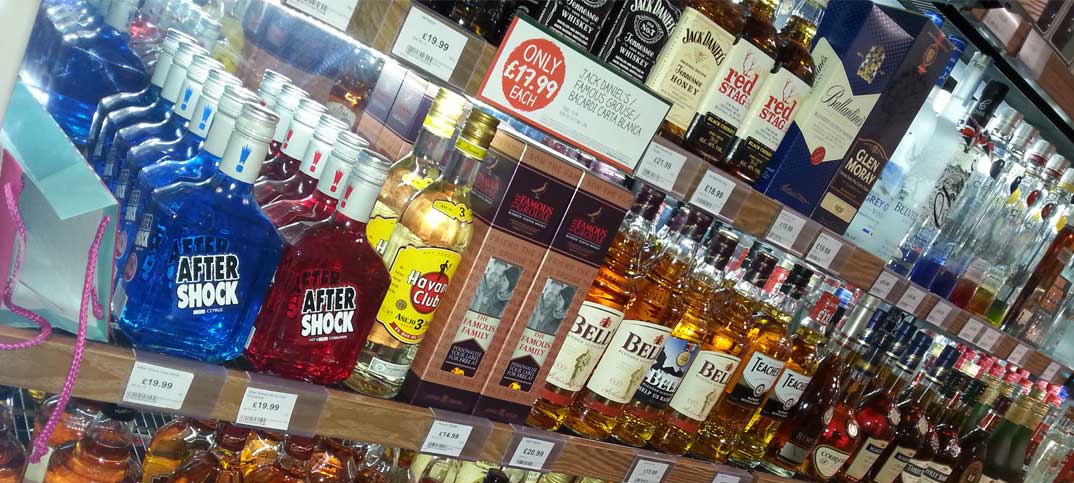This week marks the 10th anniversary of the implementation of the Licensing Act 2003.
Those of you with alcohol licences at the time might remember some of the challenges back then: converting from having a single licence to having to apply for two (one for the premises and one for the individual); deciding if you wanted to apply for extended licensing hours; and, above all, locating all the paperwork to make the conversion successful.
For ACS, it was probably our busiest time in terms of advising members, only recently superseded by the implementation of the tobacco display ban.
So, what’s been the impact on our sector? Of course the Act isn’t perfect. The system is run by local authorities who can interpret the law and the Government’s guidance just as subjectively as the courts did under the old system.
The wide-ranging conditions that can be applied to licences also mean that retailers can potentially face endless restrictions on their business. And we shouldn’t forget that the Act discriminates against forecourt retailers, unfairly in our view.
However, I think that with the benefit of hindsight, the legislators got it about right. There are two key protections for businesses in the law: conditions and sanctions can only be applied on a premises by premises basis, and licensing decisions can only be made for clear reasons related to crime and protecting the public.
Surely the acid test is what’s happened to alcohol-related crime and broader alcohol harm over the last 10 years.
Every indicator shows a decline in drinking and the harm it can bring. That isn’t solely down the Licensing Act 2003, but it does suggest that the prophecies of a “free for all” of “24-hour drinking” were wide of the mark.
The Government should not be complacent in tackling alcohol harm, but it should look to build on the success of this piece of legislation.



Comments
This article doesn't have any comments yet, be the first!